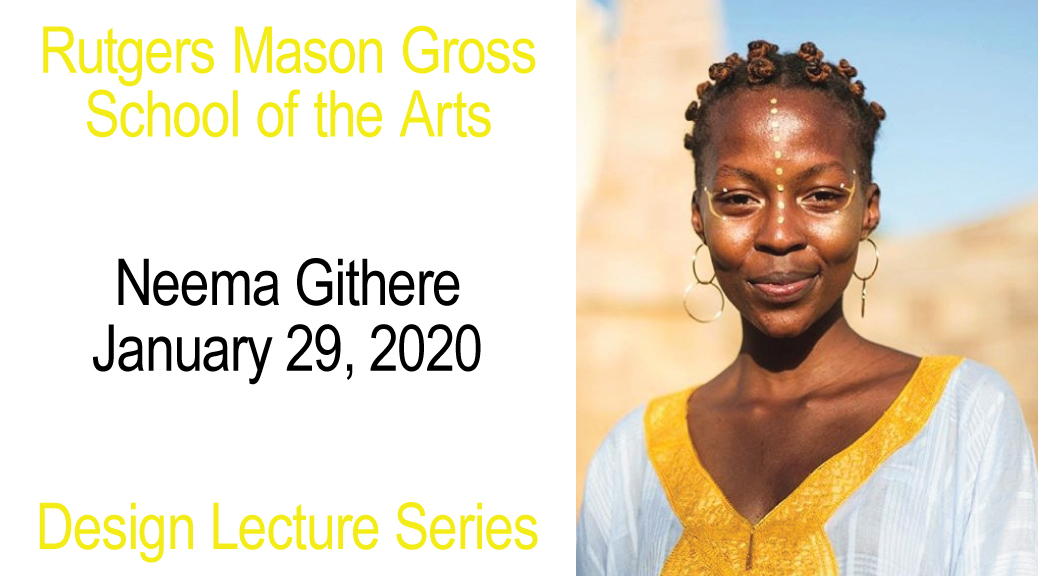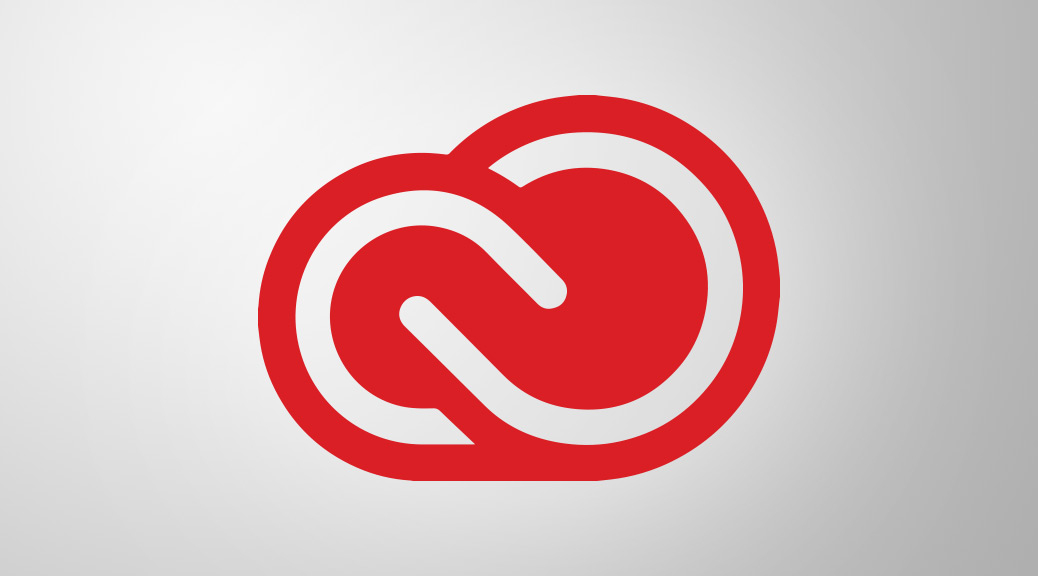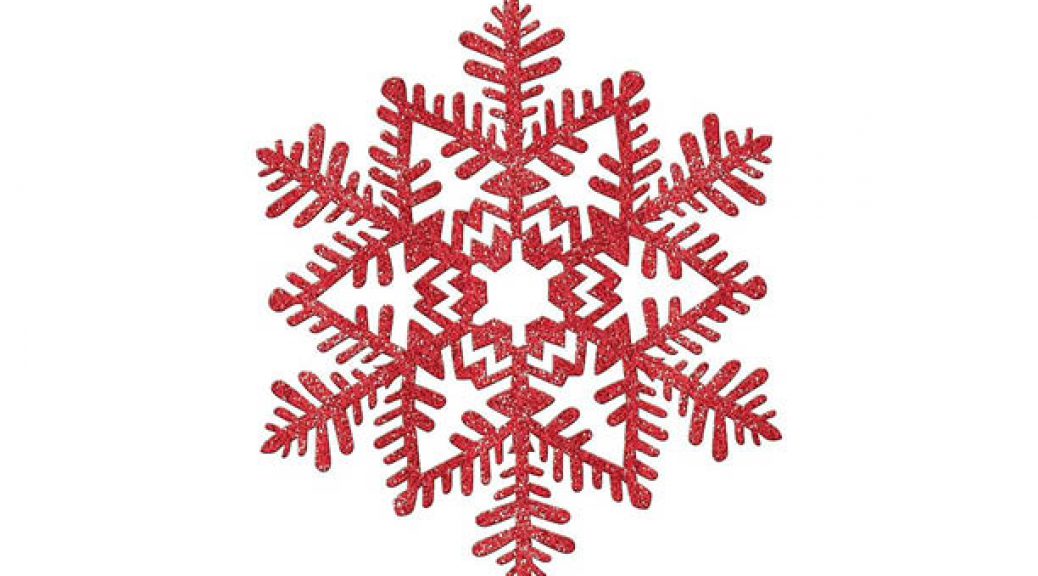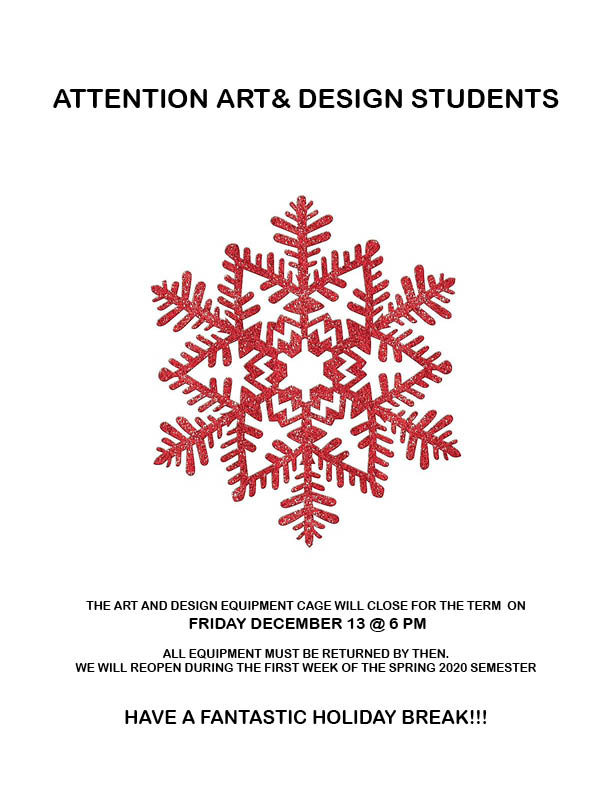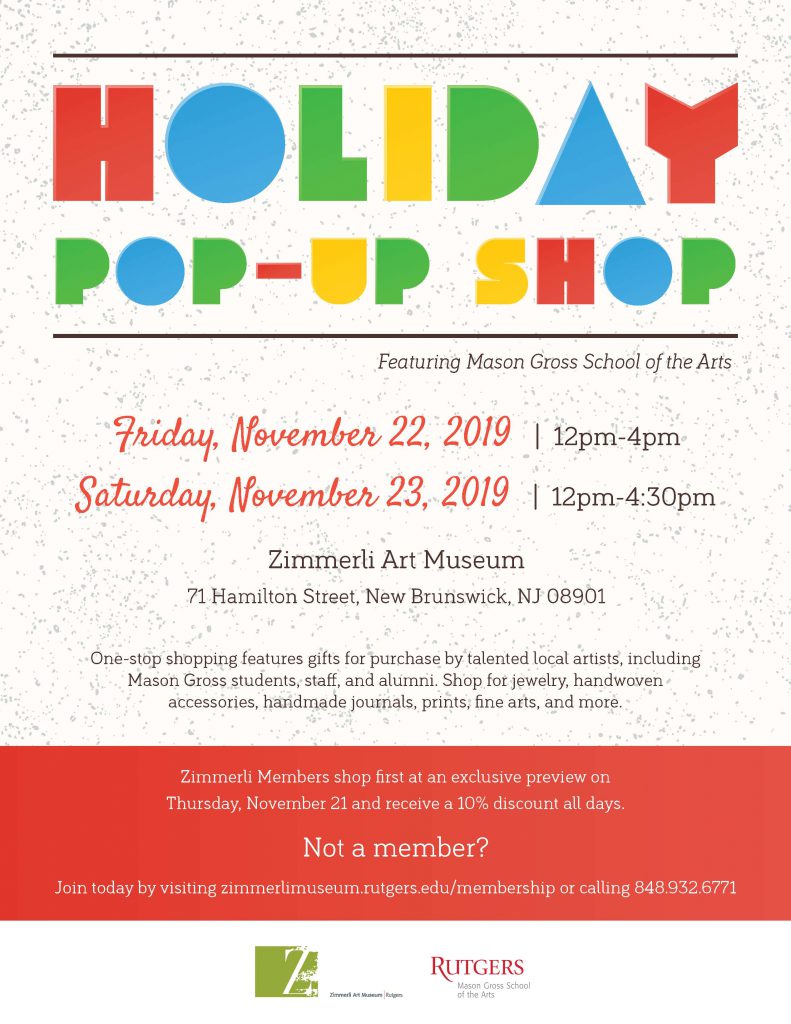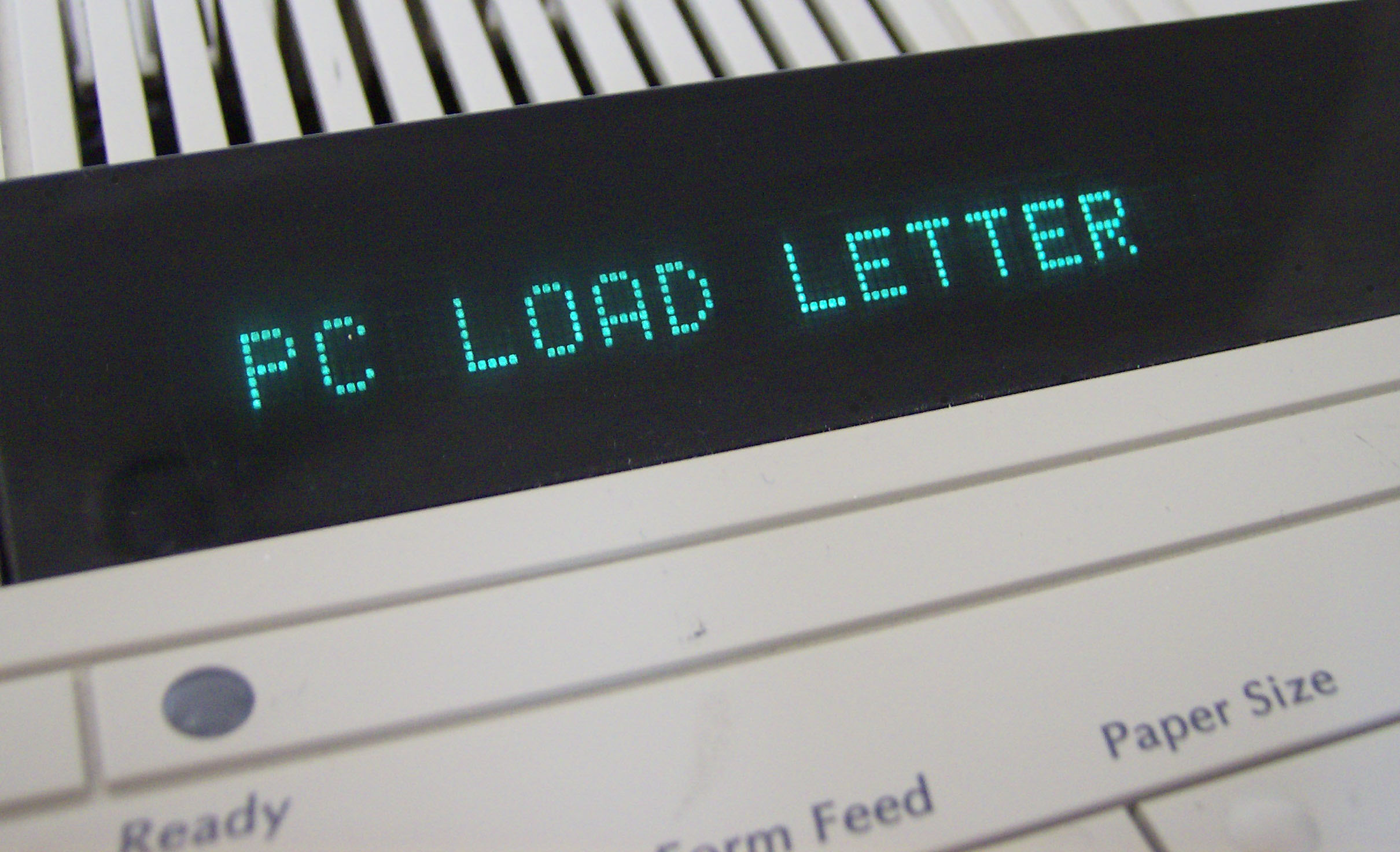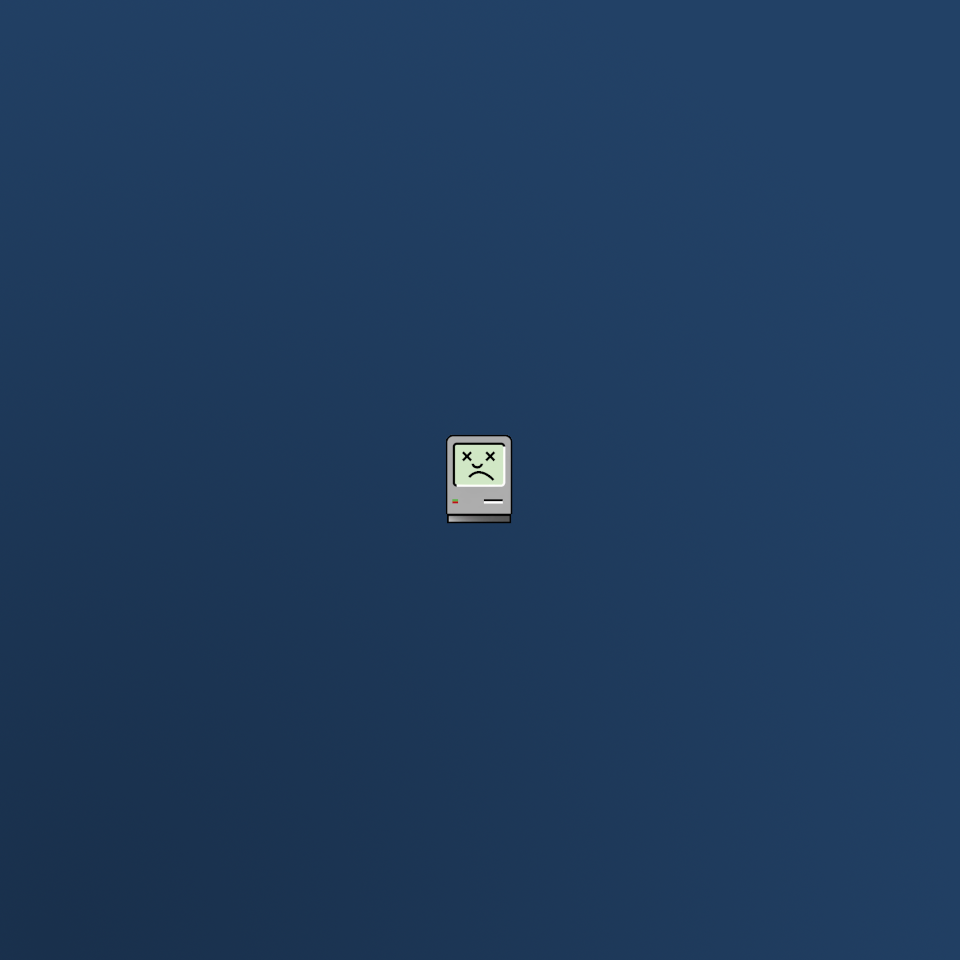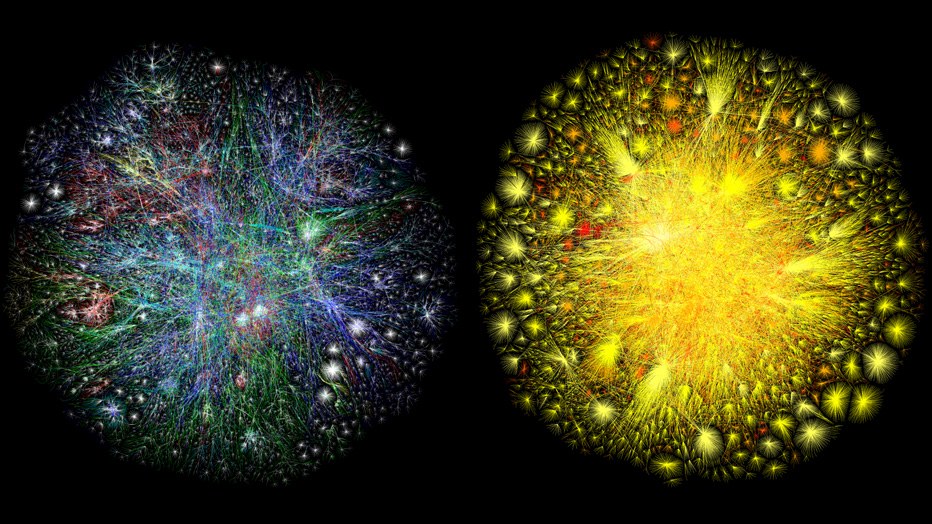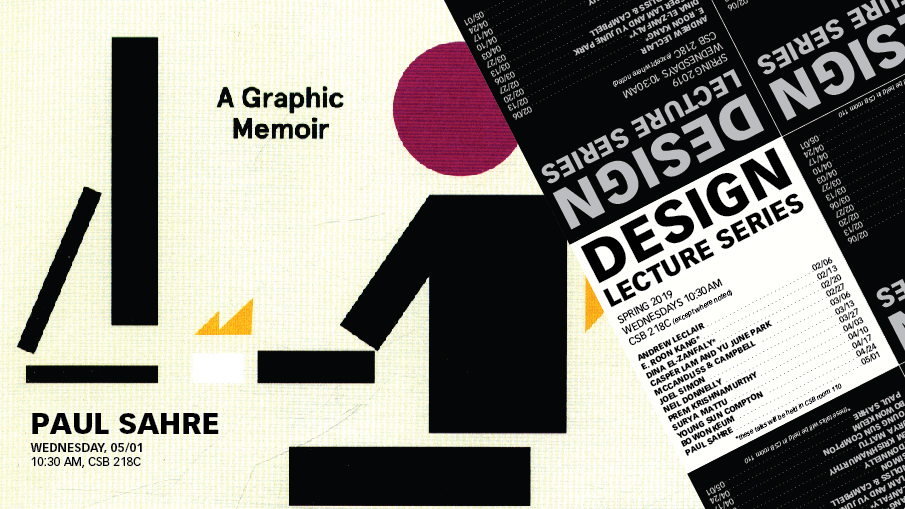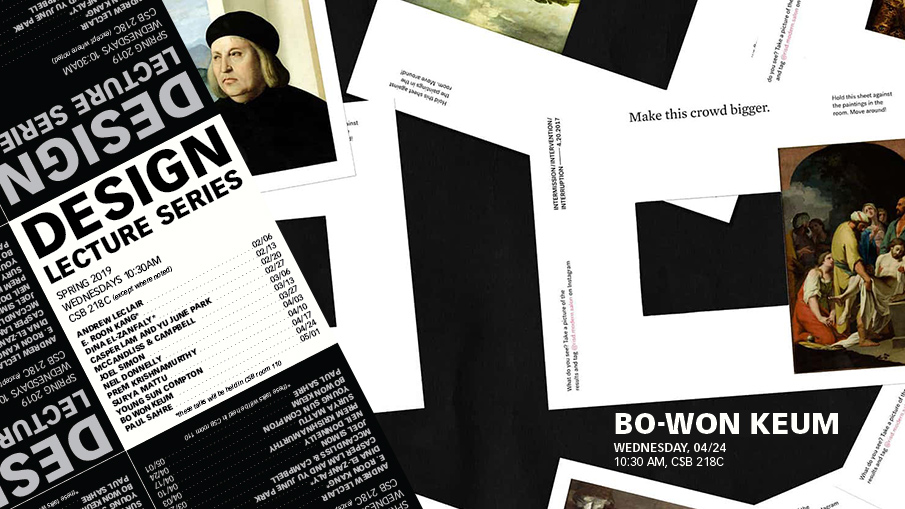Wednesday, January 29, 10:00am–1:00pm
CSB 218C
Neema Githere is a curator and guerrilla educator/performance artist based in the #digitaldiaspora. She is part of the collective Data Healing which seeks to illuminate + activate the intersections between nature, spirituality, and technology. Her new site Presentism2020 is a manifestation of her ongoing theories, projects and relationships: afropresentism, #healingimagery, radical love, #divestfrominstagram, and data healing.
“It may feel as if the internet is up in the clouds, but in actual fact it’s at the bottom of the ocean, in the form of 880,000 kilometers of fiber-optic cables. These cables make up the essential infrastructure for sending all our emails, websites, photos, films and of course emoticons. Beneath the waves, our wireless life is very bound up with physical wires—it’s the virtual made physical. Among the submerged cities, drowned sailors and hidden histories, the ocean is home to a complex communications network. Here, the technologies controlled by the West expand along the old colonial routes, so in a way the cables are the hardware of a new, electronic imperialism. Deep Down Tidal is a video essay in typical net.art style, weaving together cosmological, spiritual, political and technological narratives about water and its role in communication, then and now. It’s about how this cable network can facilitate the retention and expansion of power. It also reminds us that water doesn’t forget.”
This session will be a reflection-based workshop around the concept of data healing. Terms of interest: data trauma, data healing, cyber doula. As students read the assigned text, I encourage them to reflect upon & attempt to self-define the above terms, which will frame our conversation in class.
